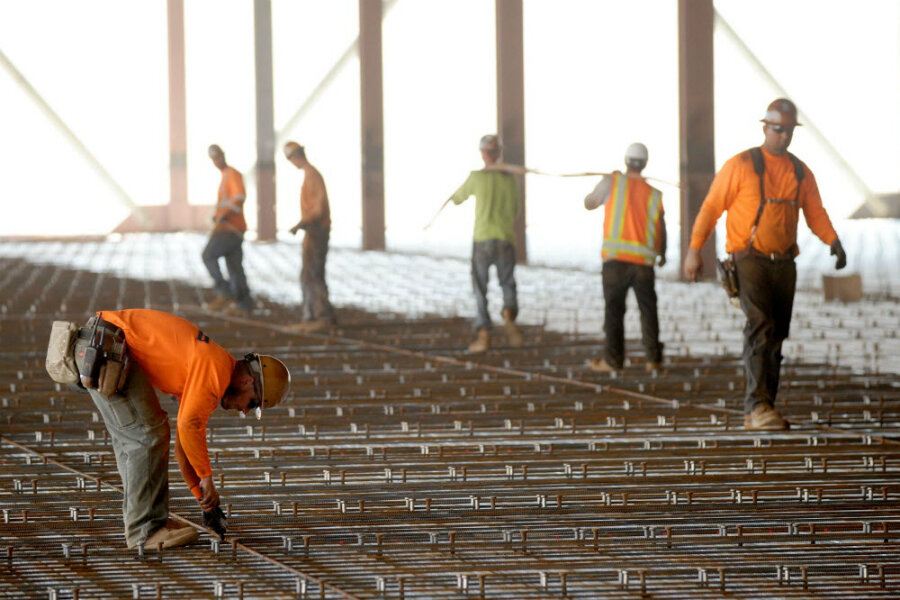Tesla and Panasonic plan to manufacture solar cells in Buffalo
Loading...
Tesla and its battery partner Panasonic have signed a letter of intent over a deal to manufacture solar cells and modules in Buffalo, NY.
The deal would see Panasonic begin production of solar products at a plant in Buffalo in 2017, with Tesla providing a long-term purchase commitment. Panasonic already supplies Tesla with batteries for its cars and is a part owner of Tesla’s Gigafactory battery plant in Nevada.
“We are excited to expand our partnership with Panasonic as we move towards a combined Tesla and SolarCity,” JB Straubel, Chief Technical Officer and co-founder of Tesla, said in a statement. “By working together on solar, we will be able to accelerate production of high-efficiency, extremely reliable solar cells and modules at the best cost.”
The deal is contingent upon shareholders' approval of Tesla’s acquisition of SolarCity, which if successful will see Tesla expand to the provision of energy. Shareholders vote on the SolarCity deal November 17.
If all goes to plan, Tesla will be supplying customers with the solar panels that generate electricity that could then be used to charge the battery in their Tesla car or the battery in the Tesla Powerwall home energy storage system.
As Tesla describes it, it will become the “world’s only vertically integrated energy company offering end-to-end clean energy products to customers.”
Though Tesla is slowly ramping up production of its Model S and Model X electric cars, the company is still bleeding cash as it invests in the Model 3 and other new products. Nevertheless, Tesla remains committed to starting deliveries of the Model 3 in late 2017. The Model 3 is expected to generate billions in revenue based on the number of cars that have been pre-ordered.
Demand for the car has been so high that the first year of production is already accounted for. Tesla has previously stated that it hopes to produce as many as 500,000 cars per year (that’s all models) by as early as 2018. That’s almost a 10-fold increase from the number it produces in 2015.
This story originally appeared on MotorAuthority.







